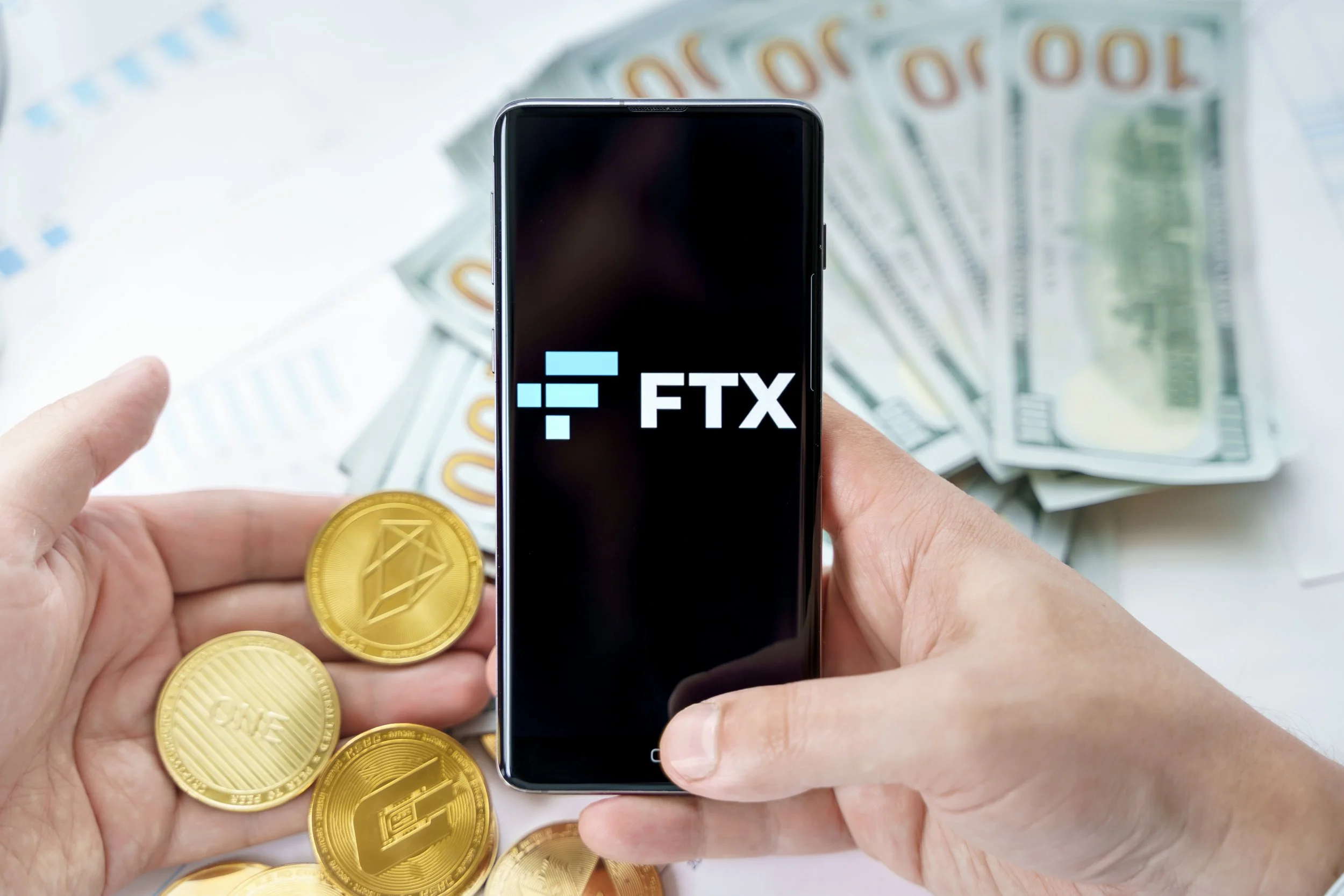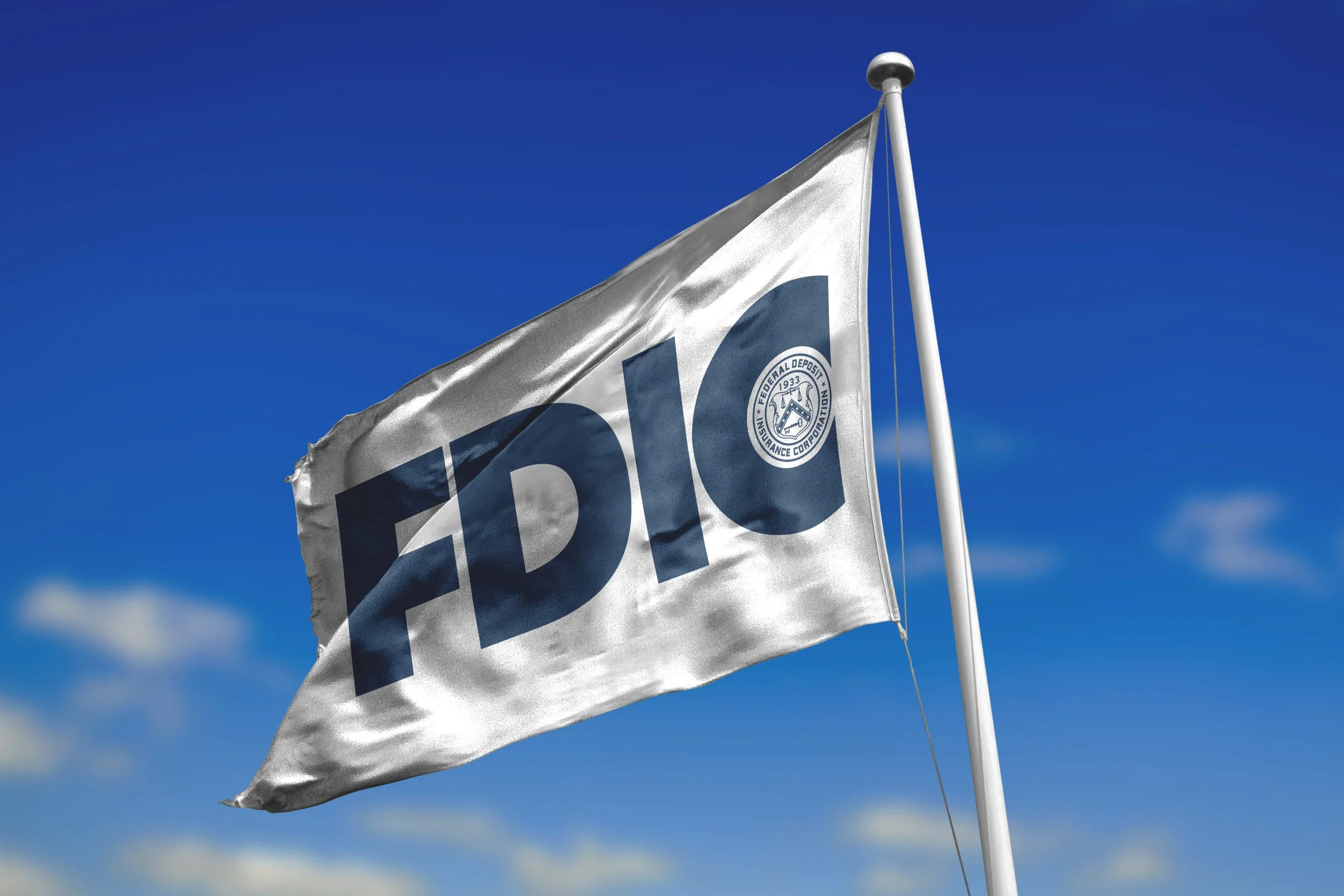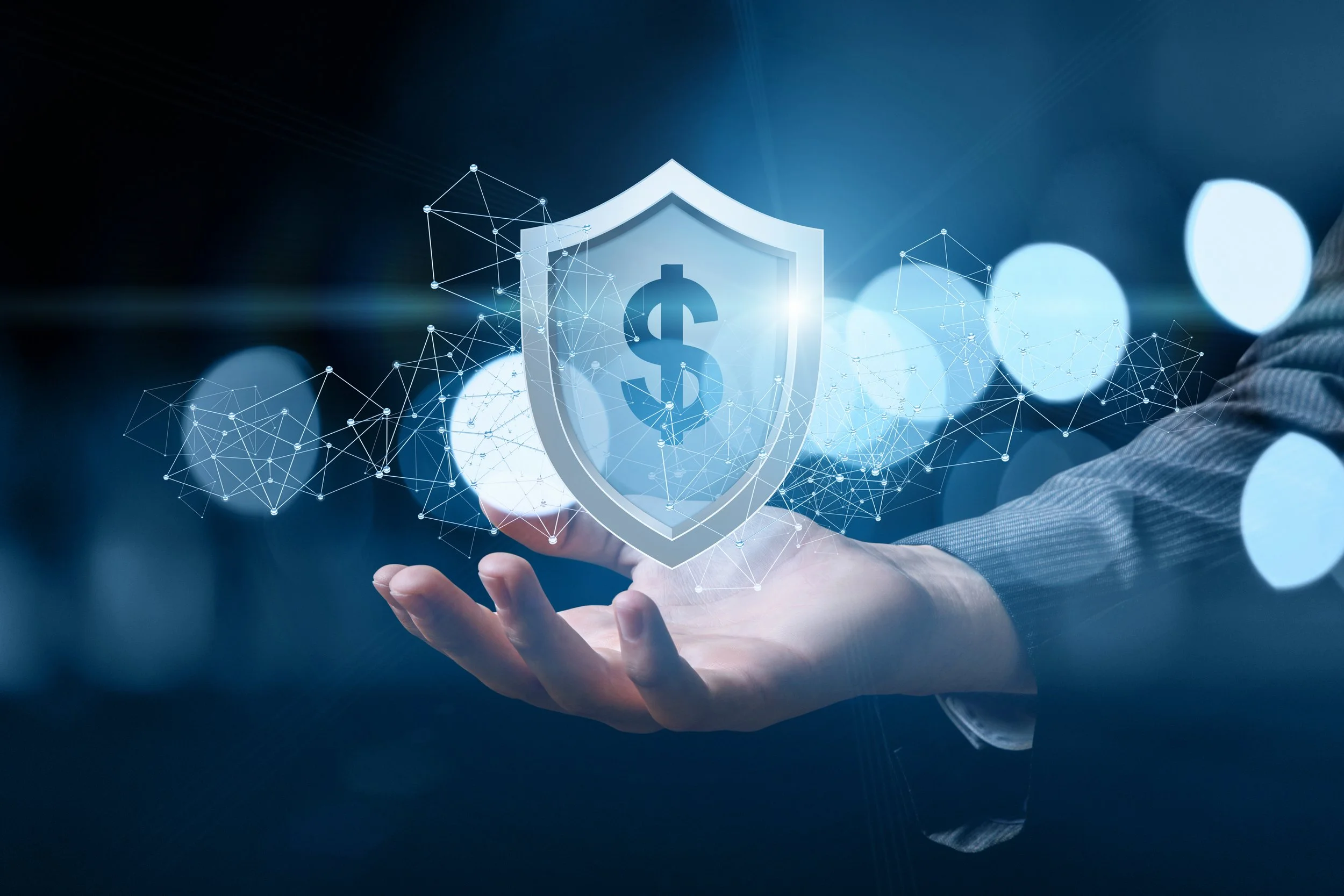Is Your Money Safe?
Introduction
Over the last few weeks, the cryptocurrency exchange FTX has been in the news. FTX was a platform where traders bought and sold cryptocurrencies, converted one type of digital currency to another (e.g., Bitcoin to Ethereum), and engaged in margin trading with leverage.
A type of "bank run" hit FTX when it was leaked to the press that the firm was insolvent and may not have enough funds to cover all customer losses. This story was followed by FTX users having trouble getting their money out of the platform.
FTX users have been posting on social sites like Reddit and Twitter about the issue, and some of them claim that they never received their money back. This is a problem because cryptocurrencies are not backed by any government or central bank. Crypto assets such as Bitcoin have no insurance coverage, so if something happens to the exchange where your money is stored, there’s no guarantee that you'll ever be able to recover it.
This issue has raised concerns for investors, who are concerned about the safety of traditional investments like stocks, bonds, mutual funds, ETFs and other alternative investments. The failure of FTX and other crypto exchanges that are facing insolvency has prompted governmental agencies (like the SEC) to devise a plan for consumer protection and oversight.
This post will look at the various protections and oversight for investors related to their savings and investment accounts.
What is FDIC Insurance?
FDIC insurance is a form of protection that you get when you put your money into a bank account. The Federal Deposit Insurance Corporation (FDIC) is an agency that was created by the U.S. government to protect consumers from losing their money in case of a bank failure. This means that if your bank goes out of business and cannot pay back its debts, then FDIC will step in and refund any lost deposits up to $250,000 per person.
What does FDIC Insurance Cover?
FDIC insurance covers all deposits in a bank account. This includes money that you have saved in your checking and savings accounts, as well as the money that you have invested into certificates of deposit (CDs). It does not cover items like stocks or bonds, which are considered separate investments.
For more information on FDIC, please visit this link.
What is SIPC?
The Securities Investor Protection Corporation (SIPC) is a nonprofit organization that was created to protect the assets of investors who hold securities in their brokerage accounts. If your brokerage firm fails, then SIPC will step in and provide coverage for any investments that have been lost or stolen.
What is Covered by SIPC?
SIPC protects the securities and cash in your account up to a maximum of $500,000. This includes protection against losses caused by theft or fraud that results in missing assets—up to $250,000 for cash used to buy stocks. A brokerage firm must be SIPC-member to provide this coverage. If your brokerage firm is not a member, this coverage does not apply.
For more information on SIPC, please visit this link.
Custodians
A custodian is an entity that holds your securities for safekeeping. The purpose of a custodian is to safeguard the assets and ensure that they are accounted for correctly at all times. Custodians also provide investors with information about their accounts, such as the purchase price of their investments and profits or losses made over time.
There are two types of custodians: a clearing broker and a depository. A clearing broker is the entity that clears trades on behalf of its clients. This means that it keeps track of your investments and ensures they are traded properly. It also acts as an intermediary between you and the company you want to buy from. A depository holds your securities in safekeeping until such time when you wish to sell them or trade them for another investment opportunity.
Asset Protection Guarantees
Many custodians offer asset protection guarantees that protect investor's assets from any unauthorized activity such as fraud. Investors are reimbursed for the cash or securities that were lost because of unauthorized or fraudulent activity.
Conclusion
Before investing any money, it is crucial to know what safeguards are in place for that particular asset or assets. These safeguards can help protect your investment from fraud and unauthorized activities. As always, transparency wins the day!




